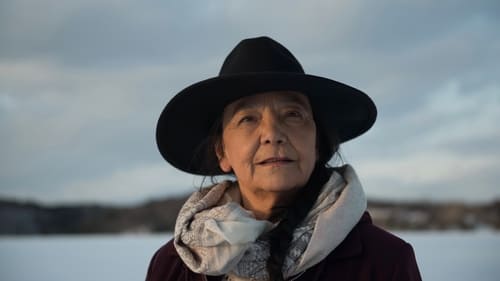
Editor
Мэри — известная певица, которая отказалась от карьеры и вернулась в родную общину. Ей надоели гастроли, она решает уединиться на окраине резервации, чтобы побыть в тишине и спокойствии. Однако женщину не покидает чувство, что за ней кто-то следит, ведь многие не могут смириться с её уходом.

Editor
This feature documentary zooms in on Montreal’s Côte-des-Neiges borough, where over 75 ethnic groups live side by side in a dizzying swirl of sound and colour. One day, filmmaker Lucie Lachapelle began knocking on the doors that isolated her from her neighbours. The result is a vibrant film about freedom and uprootedness set to urban music composed by Montreal jazz artist Harold Faustin.

Editor
In the summer of 1953, the Canadian government relocated seven Inuit families from Northern Québec to the High Arctic. They were promised an abundance of game and fish - in short, a better life. The government assured the Inuit that if things didn't work out, they could return home after two years. Two years later, another 35 people joined them. It would be thirty years before any of them saw their ancestral lands again. Abandoned in flimsy tents, the Inuit were left to fend for themselves in the desolate settlements of Resolute Bay and Grise Fiord, where the sea was nearly always frozen and darkness reigned for months on end. Suffering from hunger, extreme cold, sickness, alcoholism and poverty, Québec's Inuit had become the victims of a government policy supposedly designed to return them to their "native state". Evidence points to the government's wish to strengthen Canada's sovereignty in the Arctic as playing a part in the decision to relocate.


